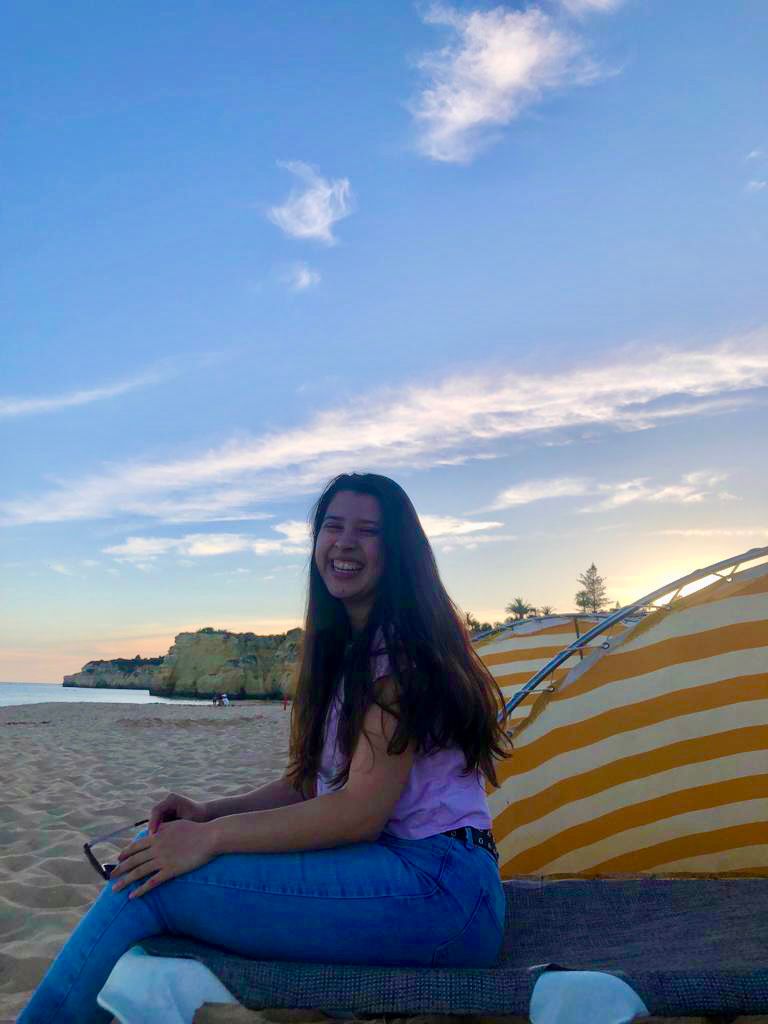
The Curse of Time
I only have ten more days on my study abroad program. Nine, if you consider that it is now 9:00pm on May 2nd. My flight leaves on May 12th at 9am, meaning that I now have only 228 hours left in Europe. These past three months have simultaneously been the fastest and slowest of my life. At times it felt like I would never go back home, and suddenly I find myself days away from packing my belongings. Where did the time go after all?
I wish I could tell you that I spent every waking moment to the fullest, immersing myself and pushing myself to explore new boundaries. That is not my truth, as I wrote in some of my past blogs, however I can’t say that my time was wasted or meaningless. When preparing to study abroad, they say that getting used to a new way of living takes time, they say that four months will go by in no time, and that this will be the time of your life. Week by week I keep asking myself what time even means. How do we recognize what moments are important and what moments are meant to be fleeting? How could I find a way to explain why my perception of time has warped during my stay here?
In one of my courses, we talked about the differences between time in American and Spanish culture. Generally, in the United States our perception of time is rigid, and productivity is valued above all. We strive to achieve one activity at a time, getting it done as quickly and efficiently as possible. This is known as monochronic time whereas Spain tends to have polychronic time. Time is flexible, there is more value in personal relationships rather than productivity, and disruptions are seen as a normal part of the process. There is, for the most part, little to no shame in being tardy or changing plans at the last minute. As we discussed this, I began to realize how I was a polychronic person living the past 21 years in a monochronic society. It helped explain why I struggled with the pressures of productivity and feeling like if I wasn’t working 24/7 I was wasting time.
Looking back at my blogs, I was still writing from that perspective, feeling like I wasn’t satisfied and telling myself that I needed to push myself out of my boundaries. I did need to push myself, but I now also recognize that there was nothing wrong with taking the time that I needed to adjust and align my priorities. My first few weeks in Seville felt so long because they felt empty. My last few weeks have sped by because I’m no longer restricting myself into the “productivity” mindset. I began to prioritize my relationships with others rather than my school responsibilities, which helped me with procrastination and overall improved my wellbeing. As I reflect on my relationship with time, I realize that I have always been fighting against it, instead of using it for my benefit. I used to think that time was a curse, that there would never be enough to get everything done. I just didn’t have the right perspective.
Pictured below: a short weekday trip to Armação de Pêra, where time slowed down while we admired the sunset.
